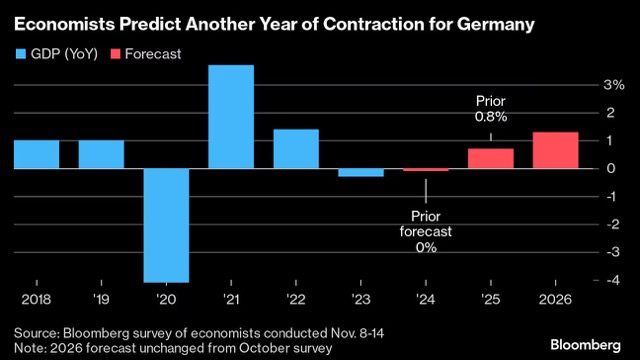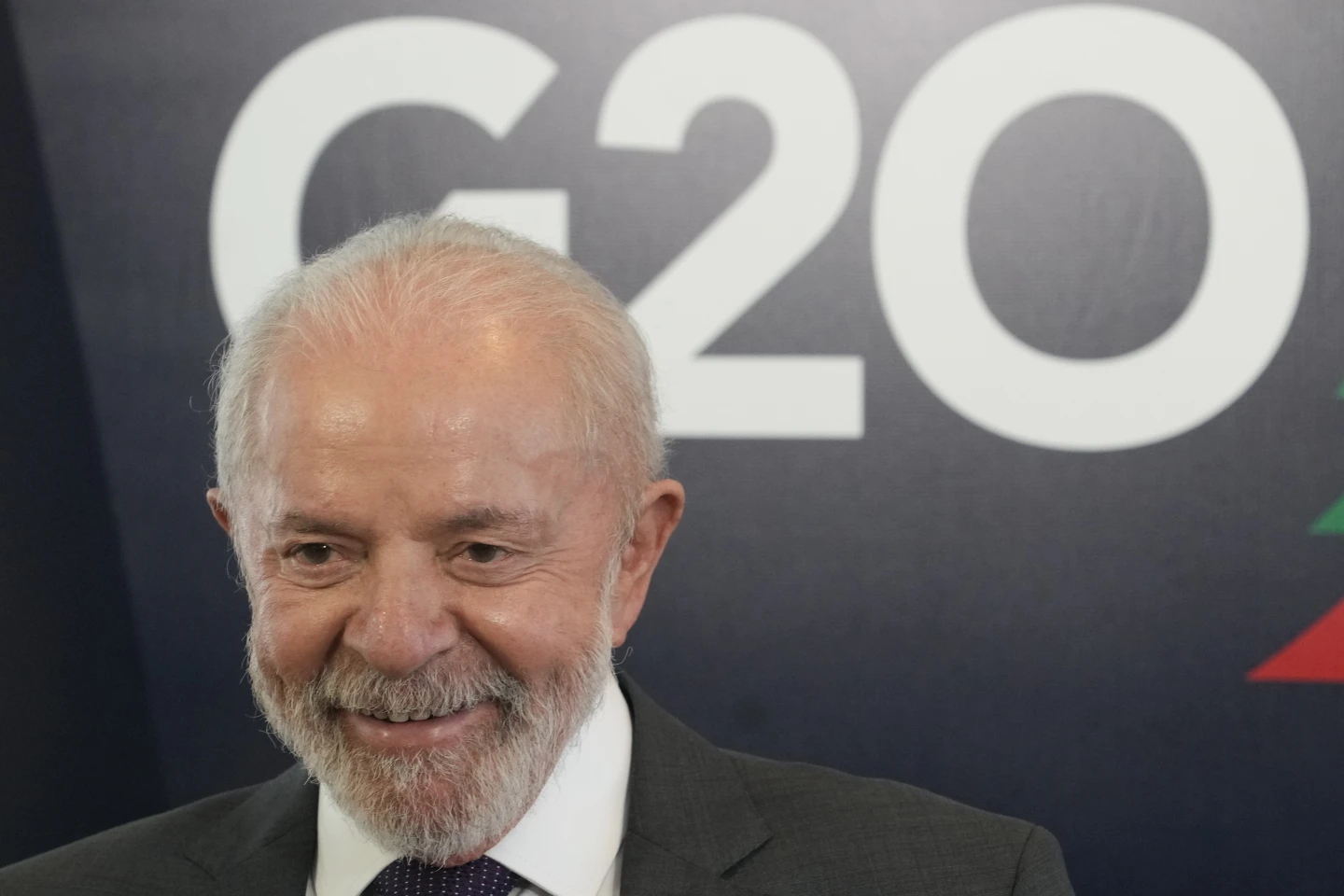Health Policy and Reform: US and Global Perspectives under Trump

In light of Robert F. Kennedy Jr.’s recent nomination by Donald Trump for the role of US Secretary of Health and Human Services, many are questioning what this could mean for the future of public health policy in the United States.
We spoke with Prof. Diane M. Dewar, an expert in health policy and economics, to gain insight into the potential impact of this nomination and what changes we might see in the coming years.

Wyoming Star: The 2024 US election is finally over. As we await Donald Trump’s second presidency, based on his previous term, what public health policies do you think he would prioritize if re-elected?
Prof. Dewar: President Trump’s reelection may bring changes to public health insurance programs that could potentially increase the uninsured rate (currently at 8%) while imposing new restrictions on abortions and reproductive care.
With the probable appointment of Robert F. Kennedy Jr. as head of the Department of Health and Human Services, public health initiatives with rigorous scientific backing are at risk of coming under fire. Kennedy is unusual in that he was a former environmental attorney prior to becoming a politician. Most DHHS heads have been medical doctors.
Further, Kennedy is an antivaccinationist in most cases, and children’s health may seriously be in jeopardy.
Deadly diseases such as measles can be at the forefront of public health emergencies if vaccines for such illnesses are no longer mandated.
Other initiatives, such as water fertilization, may also be reversed. These potential policy changes will give a much broader platform to public health skeptics, resulting in increases in the incidence and prevalence of preventable diseases such as measles, mumps, rubella, and polio, a weakening of the public perception of established science and evidence-based medicine, and the rise in debunked notions such as the link between vaccines and autism becoming policy.
Wyoming Star: Can we expect any changes in federal funding allocations for major health organizations like the CDC or NIH under his leadership?
Prof. Dewar: Trump rarely talks explicitly about public health, but Project 2025 brought forth during the campaign lays out big changes for the FDA, CDC, and NIH. Trump has echoed Republican critics’ views that the health agencies are corrupt, riddled with conflicts of interest, and staffed by unaccountable, myopic bureaucrats.
Project 2025 describes the CDC as “perhaps the most incompetent and arrogant agency in the federal government” and calls for it to be divided into 2 entities.
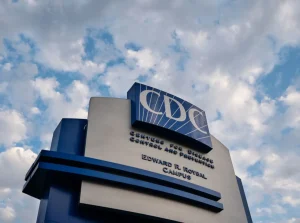
The first entity would only publish data from states and other sources. The second entity would have a severely confined ability to make policy recommendations under the auspices of political leaders.
Under Project 2025, there is some thought of streamlining the NIH by eliminating some institutes and merging others. The project also calls for breaking up the perceived NIH monopoly on directing research and moving funding toward the states. Kennedy’s view is to have more than ½ of the research budget targeted to preventive, alternative, and holistic approaches to health, such as the role of diet and generic drugs. However, there is some hesitation about slashing the budgets of the health agencies—even from former Trump officials. Trump vowed during the campaign “to take on corruption at the FDA, CDC, WHO, and other institutions of public health that have dominated and are dominated by corporate power and dominated really by China.”
Public health experts see a reduced authority for public health agencies in the future, and new diseases such as bird flu and mumps threaten the USA.
Experts on both sides of the political aisle are worried about the nation’s response to another potential pandemic, given the poor response under the first Trump administration during the COVID-19 pandemic.
Wyoming Star: How might the Trump administration approach reproductive health and family planning issues?
Prof. Dewar: It is unclear what the potential future of reproductive health rights will be. To date, Trump has stated that the decisions about abortion restrictions should be left to the states and has fallen short of designating a national abortion ban. 13 states have a ban on abortions with few exceptions, and 28 others restrict the procedure based on gestational duration.
Trump could also move to restrict access to abortion medications used in more than half of the abortions by potentially withdrawing the FDA’s authorization for the drugs. These policies can seriously affect women’s health, with an increase in unauthorized and illegal abortions and the resulting increase in morbidity and mortality due to the lack of regulations on back-alley abortions.
Wyoming Star: What is the possible impact on Medicare and Medicaid programs?
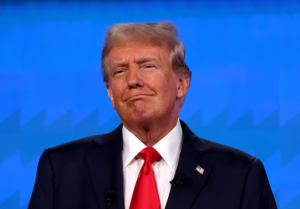
Prof. Dewar: To date, Trump has vowed to protect Medicare and supports funding for preventive services and home care benefits, which enable seniors and eligible disabled enrollees to maintain their health and stay in their communities. However, he is less specific about his plans for Medicaid, which provides coverage to economically disadvantaged and disabled people. This program will have more influence at the state level in terms of what will be funded, and there may be more spending cuts with the current administration’s goal of streamlining healthcare costs and the Republican majority in Congress. Conservatives have a long history of trying to cap federal funding allotments to states, which can result in draconian cuts to the program for most states. Other changes may include the imposition of work requirements on beneficiaries in some states.
Wyoming Star: What role might Trump’s administration play in regulating pharmaceutical prices and ensuring affordable access to medications?
Prof. Dewar: The Trump administration may continue the IRA provision of preserving Medicare’s authority to negotiate drug prices. Trump has historically championed the reduction of drug prices.
Wyoming Star: Could we expect a shift in the way Trump’s administration would respond to potential health crises?
Prof. Dewar: Many Republicans in Congress agree that the CDC should be pared down and possibly only focus on infectious diseases, where the prevention work would be better suited for other agencies. Some predict that the CDC may lose authority to enact the few actions it is empowered with to use in public health emergencies, such as pausing housing evictions, limiting the movements of cruise ships, and requiring masks and physical distancing in public areas. However, about ⅔ of the CDC budget goes to state and local health departments, and slashing the budget or the CDC authority will constrict these state departments, which are already struggling financially.
Shrinking the size and scope of the CDC can cost lives and damage the productivity of the economy due to an increasingly unhealthy workforce.
While large changes in the CDC require Congressional support and may be unlikely, Trump can significantly change the agency’s mission, scope, and independence even without Congressional support. This administration can possibly suppress data collection on key health issues.
Wyoming Star: Would you expect Trump to maintain or change existing partnerships with global health organizations, like the WHO, especially for collaborative disease prevention and research?
Prof. Dewar: As in response to question (2), Trump’s possible path is to fully politicize the CDC and have distrust in partnerships with global health organizations. However, the restructuring of the CDC and the breakdown of collaborative partnerships may not be realistic. These measures require the approval of Congress, and it seems unlikely to win the support of moderate Republicans.
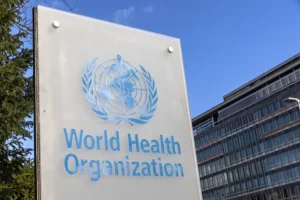
However, during the campaign, Trump announced his intent to withdraw the USA from the WHO and halt funding to it. The WHO, an arm of the UN, is funded by all member countries, and the USA has traditionally been the biggest donor.
Trump’s concern is that the WHO is run by China, not the USA.
Trump has also historically imposed a rule preventing organizations from getting funds from the US Agency for International Development if they provided abortion-related services. This was later extended to organizations that don’t work in reproductive health. Some global health organizations ended programs that provide contraceptives, HIV testing, and screening for cervical cancer. The Biden administration repealed this Trump-era rule, but the programs are still recovering.
Trump may also permanently shutter Pepfar, which has been credited with saving more than 25 million lives by providing HIV treatments. This is considered to be the most successful global health program in history, but some Republican lawmakers have alleged that the program was promoting abortion services.
Wyoming Star: What could be Trump’s potential stance on federal support for public health infrastructure, including workforce development and emergency preparedness?
Prof. Dewar: The Trump administration had the most successful vaccine development program in history during the COVID-19 pandemic. However, while the pandemic should have been a clear indication for increased emergency preparedness and health workforce planning, Trump has vowed to disband the Office of Pandemic Preparedness and Response Policy, which would reduce the USA’s ability to prepare for new pandemics. He may also restrict US foreign aid that goes toward addressing global health issues. There will also be no advances to agricultural or laboratory biosecurity. Given more biological research on the horizon, there should be more regulation and transparency to ensure safe practices across the nation.
Wyoming Star: How might public health campaigns focused on preventative care (such as those for diabetes, heart disease, etc.) fare under a Trump administration?

Prof. Dewar: It is unclear how many public health campaigns are going to fare under the Trump administration. Trump has supported promoting preventive care for Medicare beneficiaries, but vaccines can be in jeopardy given Trump’s agreement with Kennedy on this issue, which would seriously negatively impact the health of children and adults. At campaign rallies, Trump has stated that he would “not give one penny to any school that has a vaccine mandate or a mask mandate.” Vaccine policies are set at the state level, not at the federal level. However, the states look to the CDC for vaccination guidance. It is conceivable that an appointed CDC director could reject the advice of the committee of external advisors to the CDC on vaccines and reshape the guidance. Experts say that this scenario would be a loss of expertise that doctors and state health officials rely on.
Wyoming Star: In your view, what public health policies should Trump focus on to improve the nation’s overall health in the coming years?
Prof. Dewar: The Trump administration should focus on health system resiliency in the event of future public health emergencies, which are likely to happen. Policies are needed to promote and maintain population health and safety, such as continued prevention programs, vaccination programs, biosecurity, and the advancement of research and development of scientifically based treatments and interventions in the face of chronic and infectious diseases among the nation’s population. Investment is also needed in workforce development due to recruitment and retention issues related to most segments of the health professions and due to the growing needs of an aging population. Further, the nation must remain nimble to embrace scientific findings—not misguided information or speculation—in the event of outbreaks or new diseases, as well as to work cooperatively with other health systems around the globe in maintaining population health and well-being.
With borders blurred around the world, public health is a global initiative, not an exercise in isolationism.



